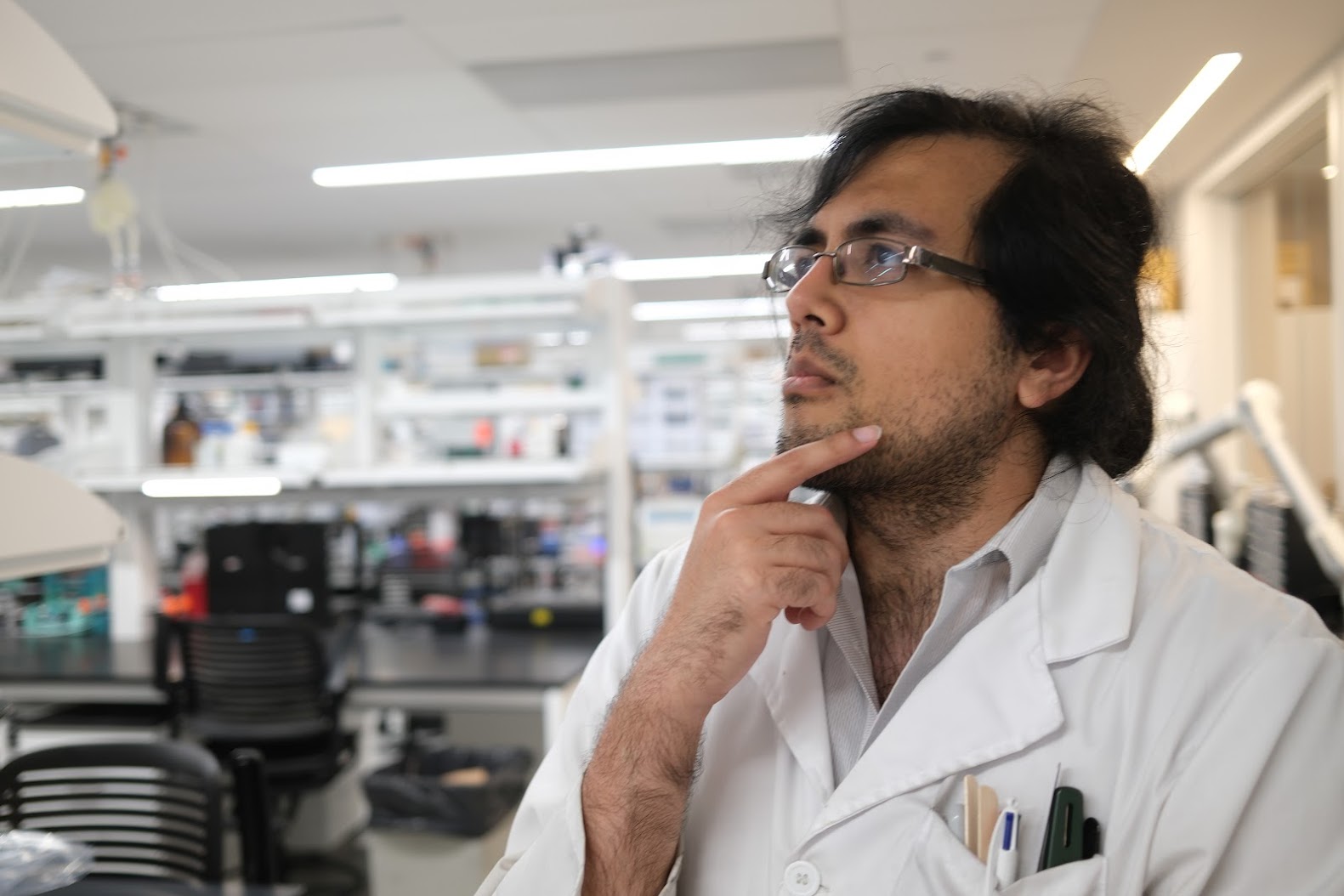
Rikab Gambhir
Theoretical Physicist • Ph.D., MIT
About Me
I’m a research scientist at the Massachusetts Institute of Technology. My background spans particle physics, optimal transport, and machine learning.
Research Interests
- Jet substructure & QCD
- Future colliders
- Beyond the Standard Model
- Optimal transport & ML
Education
- Ph.D., Theoretical Physics, MIT (2020‑2025)
Advisor: Jesse Thaler - B.S., Physics / Math / Applied Sci.,
Rutgers University (2016‑2020) – summa cum laude
Advisor: Stephen Schnetzer
Research & Publications
Presentations
Items marked with ★ are my recommended versions.